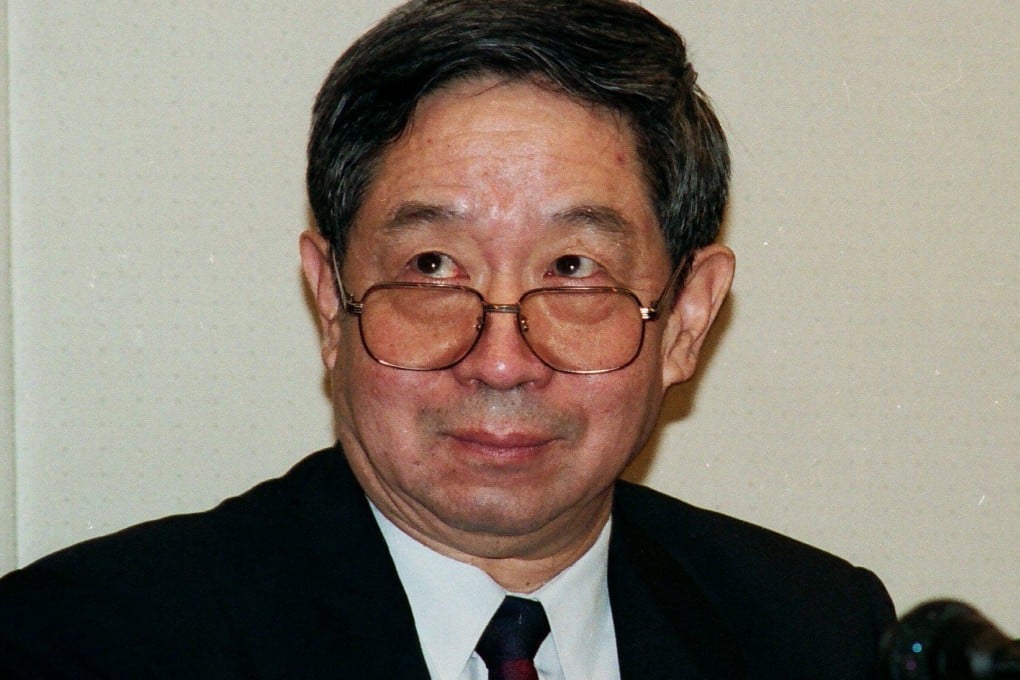Yan Mingfu, Chinese Communist Party negotiator with Tiananmen Square protesters in 1989, dies aged 91
- Yan invited protest leaders to a dialogue on May 14, 1989 but failed to persuade them to stop their hunger strike
- He was removed from his positions soon after June 4 crackdown, returned years later as vice-minister of civil affairs and continued public service into retirement

Yan died in Beijing on Monday morning “due to illnesses”, according to an announcement by his family sent to their friends and seen by the South China Morning Post. They said a simple memorial ceremony would be organised to commemorate him in the coming days but did not give further details.
There, Yan tried to reassure the students by saying he was willing to join the sit-in and even asked the students to hold him as “hostage”, hoping to get the students’ consent to end their hunger strike.
But his plea to the students failed to turn the situation around and instead was used as evidence by hardliners of his failure to follow the party line. Yan was removed from his positions just a month after the June 4 Tiananmen Square crackdown and following the ousting of his boss Zhao Ziyang.
